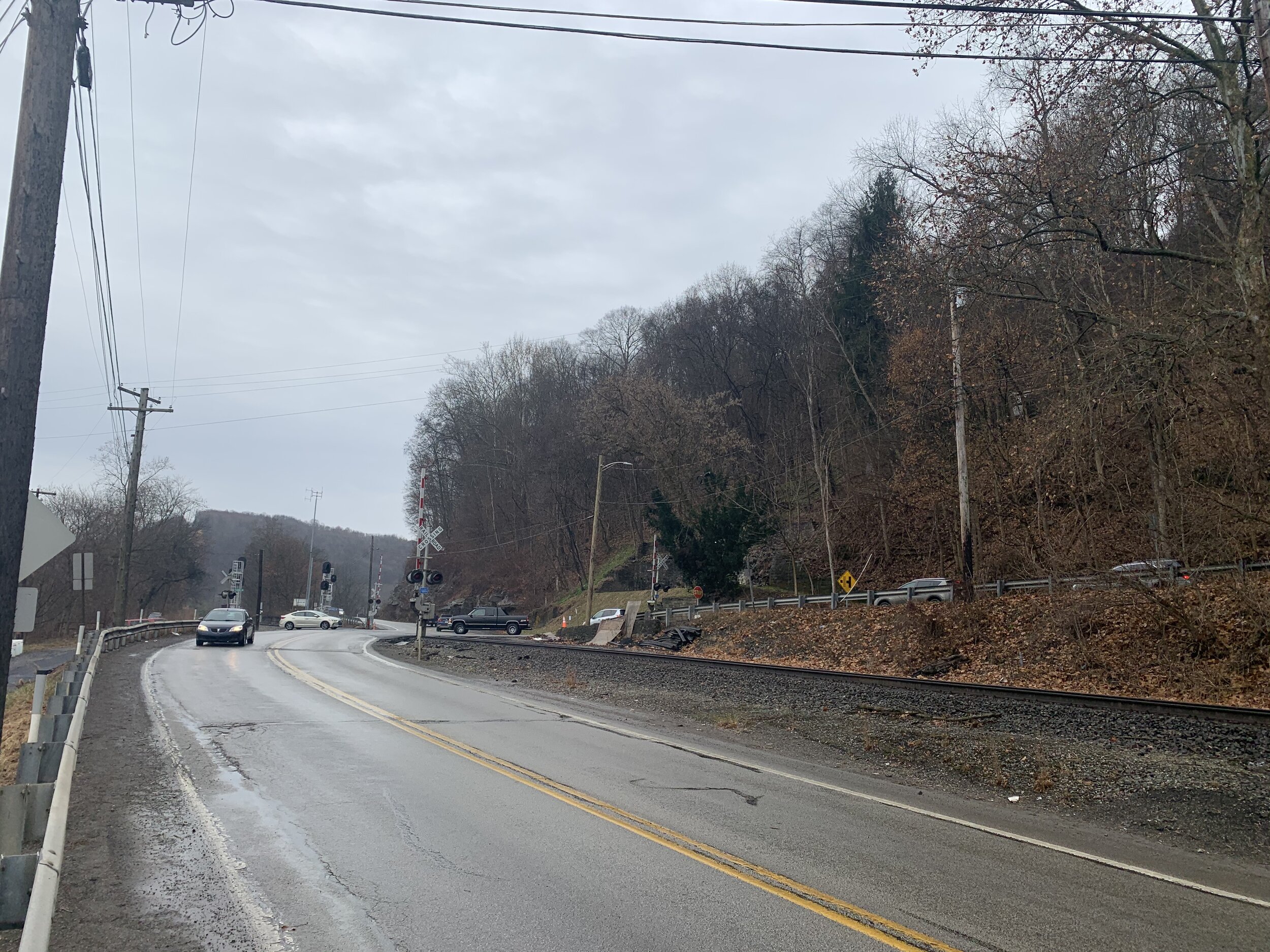Would you let your buyers purchase a home without a home inspection? Probably not! Home inspections and appraisals are critical steps in the home-buying process, and most purchase agreements reflect that by making them standard contingencies. These safeguards protect buyers from costly mistakes and ensure their investment is sound.
While appraisal waivers may seem like a win for buyers eager to move quickly, it’s important to understand what they truly mean. An appraisal waiver doesn’t confirm the property’s market value—it’s simply the lender’s way of accepting the risk associated with the loan. But that’s the key: it’s the lender assuming the risk, not the buyer.
As a buyer’s agent, it’s your responsibility to help clients make informed decisions. Just as you wouldn’t advise skipping a home inspection, you should explain the potential downsides of relying solely on an appraisal waiver. Without an independent appraisal, your clients risk overpaying for a property or encountering valuation issues in the future.
Why Both Steps Matter:
Home Inspection: Identifies potential structural or safety issues, ensuring the home is safe and sound for your buyers. If your buyer chooses to buy a property with known defects, then your buyer is at least making an informed decision to take on the added repairs and risk.
Appraisal: Confirms the property’s market value, ensuring your buyers aren’t overpaying for their largest financial investment. If they choose to overpay because of unique circumstances, then your buyer at least is making an informed decision.
An appraisal waiver may speed things up for the lender, but it doesn’t protect your clients. Encourage your buyers to safeguard their investment by hiring a qualified, independent appraiser. Taking this step will give them confidence in their purchase and protect them from unnecessary financial risks.
Bottom Line:
Don’t let your buyers assume the lender’s risk. An appraisal waiver is convenient for the lender, but it’s no substitute for confirming market value through a professional appraisal. Protect your clients—advocate for the critical safeguards they need!
Ready to connect your buyers with a trusted appraiser? Reach out to schedule an independent appraisal today!















